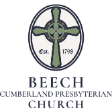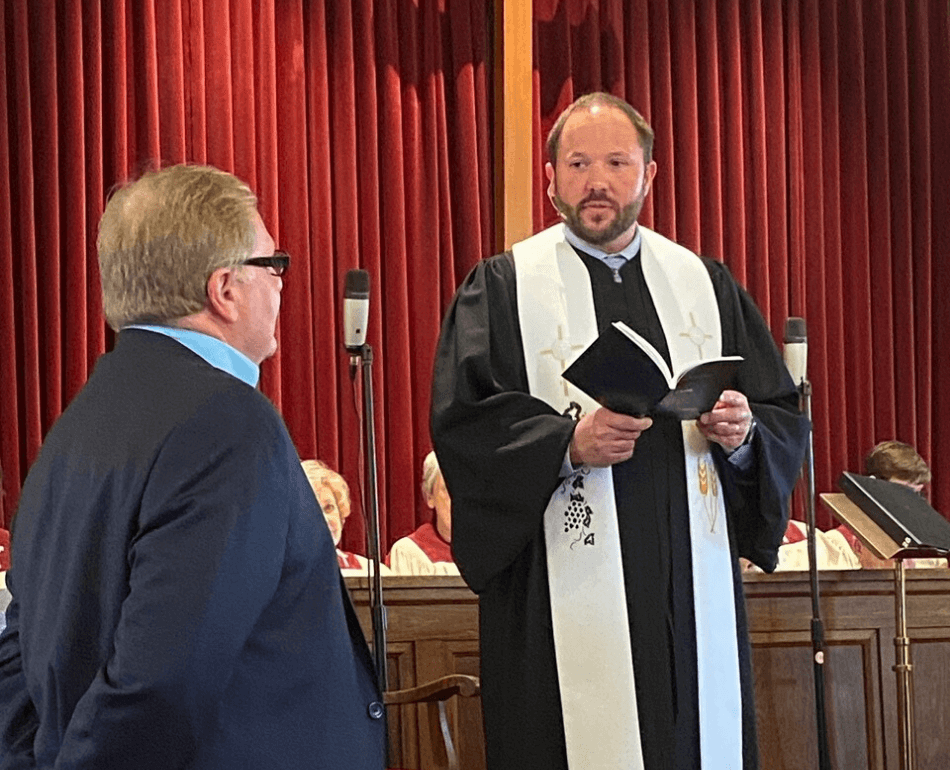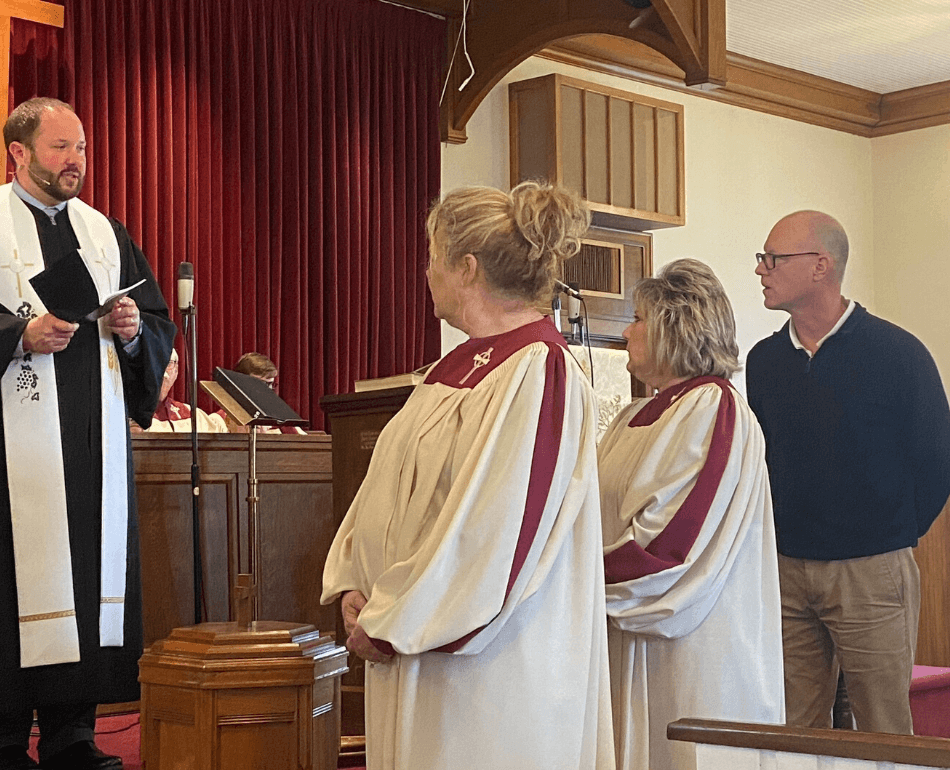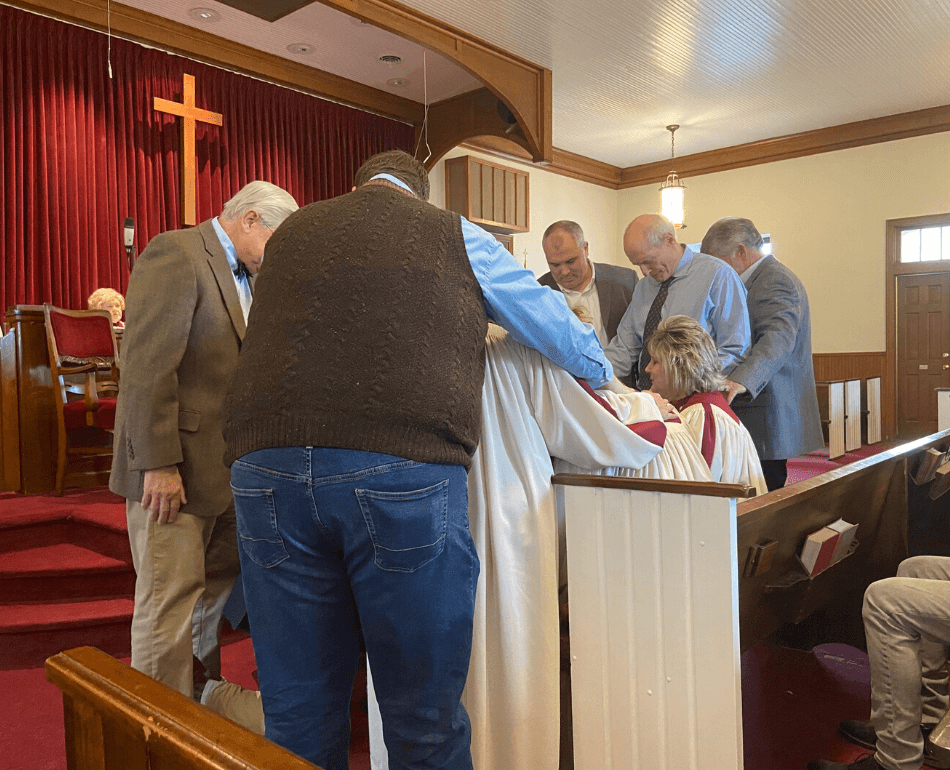The Session’s Role
4.0 SESSION
4.1 The session of a particular church consists of the minister in charge and elders elected by the congregation. There must be a minimum of two elders, but the actual number shall be determined by the congregation in accordance with such rules as it may establish.
4.2 In a church which has no pastor, or in the absence of the minister in charge or of the moderator appointed by presbytery, the session may meet and transact any business.
4.3 The session may be convened when two or more of its members so request. The minister in charge may convene the session at any time during or immediately following a regular service of worship and at other times by giving proper notice to session members.
4.4 A majority of the session constitutes a quorum unless the congregation has set a quorum otherwise; but any two elders, in conjunction with the minister may receive members and grant letters of dismission.
4.5 The session is charged with pastoral oversight of the particular church and has the responsibility to:
a.Call a pastor (also an associate/assistant pastor) subject to the approval of presbytery;
(Form for issuing a call to a pastor or associate/assistant pastor, see Constitution, Appendix 4.)
b. Receive members into the church;
c. Resolve questions of doctrine and discipline in the congregation;
d. Admonish or suspend members found guilty in a disciplinary hearing, subject to appeal to presbytery;
e. Urge upon parents the importance of presenting their children for baptism;
f. Grant letters of dismission, which when given for parents shall always include the names of their baptized children;
g. Ordain and install elders and deacons when elected and require these officers to devote themselves to their responsibilities;
h. Examine the proceedings and supervise the work of the deacons;
i. Establish and give oversight to church schools, Bible classes, fellowship and other organizations within the church, with special attention being given to nurture of the children;
j. Encourage the stewardship of church members, order and supervise collections for Godly purposes, and in general, oversee the finances of the church;
k. Assemble the congregation and provide for worship when there is no minister;
l. Initiate and coordinate the best measures for promoting and extending the work of the church;
m. Elect representatives to the higher church judicatories, and require on their return a report of their diligence and the decisions of the judicatory;
n. Observe and carry out the injunctions of the higher judicatories.
4.6 The session may designate two elders, either of whom, when authorized by the presbytery, may administer the sacrament of the Lord’s Supper to the congregation.
4.7 The members of the session, excluding the minister, are the trustees of the church. They shall hold title to the property of the church and shall execute all transactions required by civil law. If it seems desirable the session may elect a smaller number of persons to serve as trustees. In this instance the trustees may act only as specifically authorized by the session. The tenure of office of such trustees may be for an indefinite period or for definite terms on a rotation basis.
4.8 Each session shall keep an accurate record of its proceedings which must be submitted to presbytery, at least annually, for review. Each session shall also keep a record of congregational meetings, of marriages, of baptisms, of additions, and of the death and dismission of church members.



